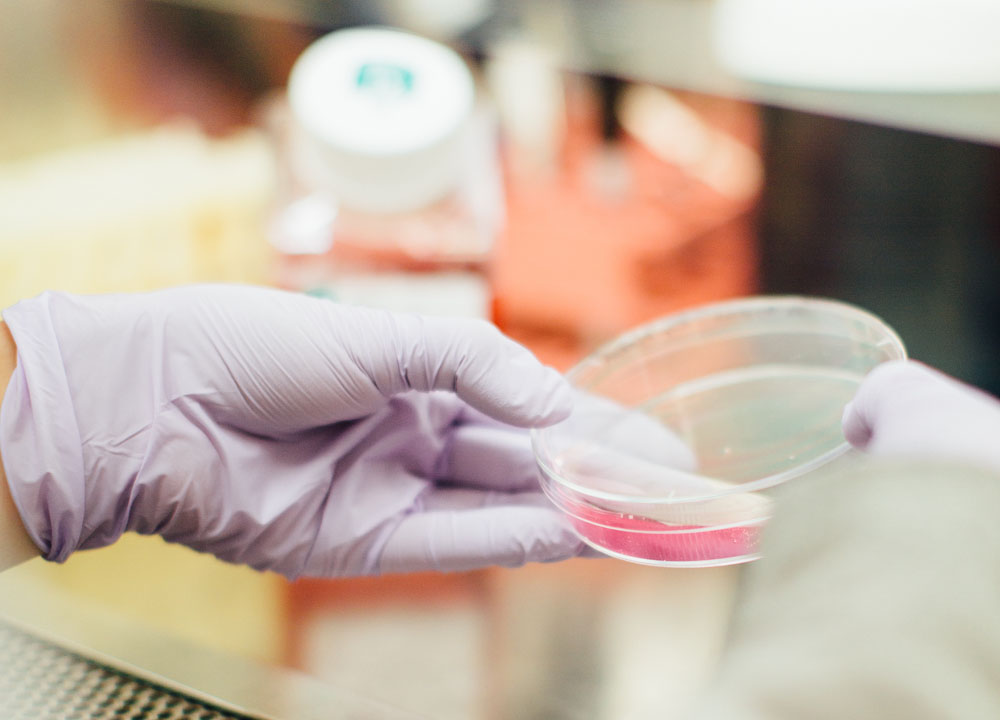Science Vs. Fake News
Fostering the Scientific Debate
Citizens are increasingly making their decisions basing on information that they believe is real and of an absolute truth but it is not.
We must be concerned. It is not just an issue confined to the US, it is a global trend that is affecting Europe and particularly my country, Italy. The dramatic rise of populist movements around the western world has its roots in this dramatic negligence of fact-checking. It is a disrespectful dismissal of science too.
An increasingly preponderance for citizens to be conditioned through an optic of bias and impressionability could limit our freedoms and reduce society’s welfare and wellbeing. This is even more important today given how citizens have an increasing influence on the shape of society.
A greater role by citizens to participate in sovereignty is not a concern, to the contrary. This is an outstanding achievement. Likewise, social media is not to blame. The various platforms continue to be extraordinary means that help foster and spreading knowledge more than fake stories.
Instead we should be alarmed by people’s growing blind belief in what they are told. Increasingly, it is in itself sufficient that the source matches their personal vision of the world for it to become true.
They do not analyze the event or information, such as an assertion made during a political debate, according to the experimental method of science, rather they hold onto the information that conforms to their vision of the world, without disputing it, almost to strengthen their identity. Troublingly, history tells us that closing one’s mind to the reality around us damages our capacity to successfully live together in diversity but risks to the regression of freedom and prosperity.
Why is this happening? Scholars in Europe and in the US are making interesting cognitive discoveries: we prefer emotions to facts; we seek those news that confirm our idea of the world while we elude the one that contest it; we tend to identify with and defend those groups that reflect our identity. However we cannot neglect that there is an increasingly desperate interest, in these troubled times, in the reassuring utopia. We forget the critical method which stands behind the growth of scientific knowledge. We would rather seek the return of an oligarchy of omniscient wizards. A regression to the age-old habit of denying the uncertainty of passing time. It aspires to the reassuring ultimate mirage, rather than engaging in the never-ending, but critical, research process that relies on the detection of fact, the understanding of the fast-changing reality, and the conditions which support the success for freedom and greater prosperity.
Too many citizens have little confidence of the experimental method. When it comes to education, heady emotions of certain prejudices are preferred to empirical rationality.
This phenomena starts young:
Too many schools present students with the anthology of science and its theories, but fail to invite them to explore the rigorous scientific method and its provisional results.
Too many of us are inclined to accept the results of what is presented without thought and don’t seek to challenge the outcome. Our schools are too far from being laboratories. Schools confirm the doctrine of the dominant scientific community but they avoid the doubt and deny the scientific conflict that enriches knowledge. This is reflected in society and therefore in politics, and the conflict between ideas, typical of liberal democracies, is reduced to a clash between bias, and a tendency to seek the comfort of commonality.
How could we invert this trend? By promoting the scientific and experimental method.
Governments should adopt, from primary school upwards, education programs implementing scientific experimentation and epistemology, embracing the scientific approach for the analysis of the content instead of pointing to their simple assimilation.
Schools should stimulate a critical debate around facts, the falsification of hypothesis, and the promotion of educational programs aimed to spread the experimental method.
Educators and teachers should favour critical thinking in order to encourage their students to challenge with doubt what they are presented with.
The media and internet content providers should promote fact-checking and should encourage discussions around critical thinking.
Internet users and debaters should share their assumptions after they have checked and objected what they have read and heard.
We must all work together to foster a thoughtful debate that favors healthy conflict amongst ideas, support knowledge as ultimately this improves our ability as a diverse society, to live together with greater freedom and prosperity.

